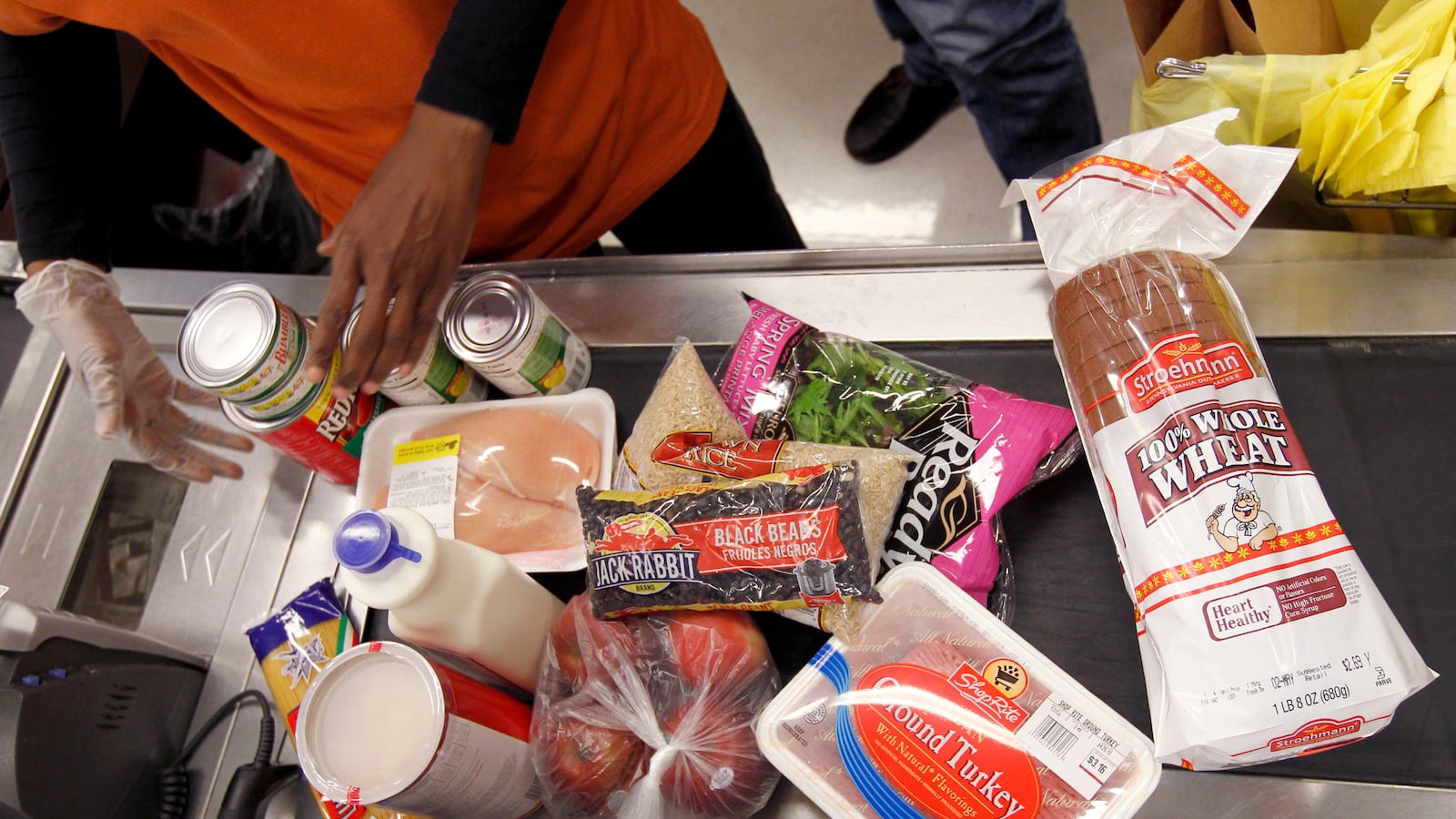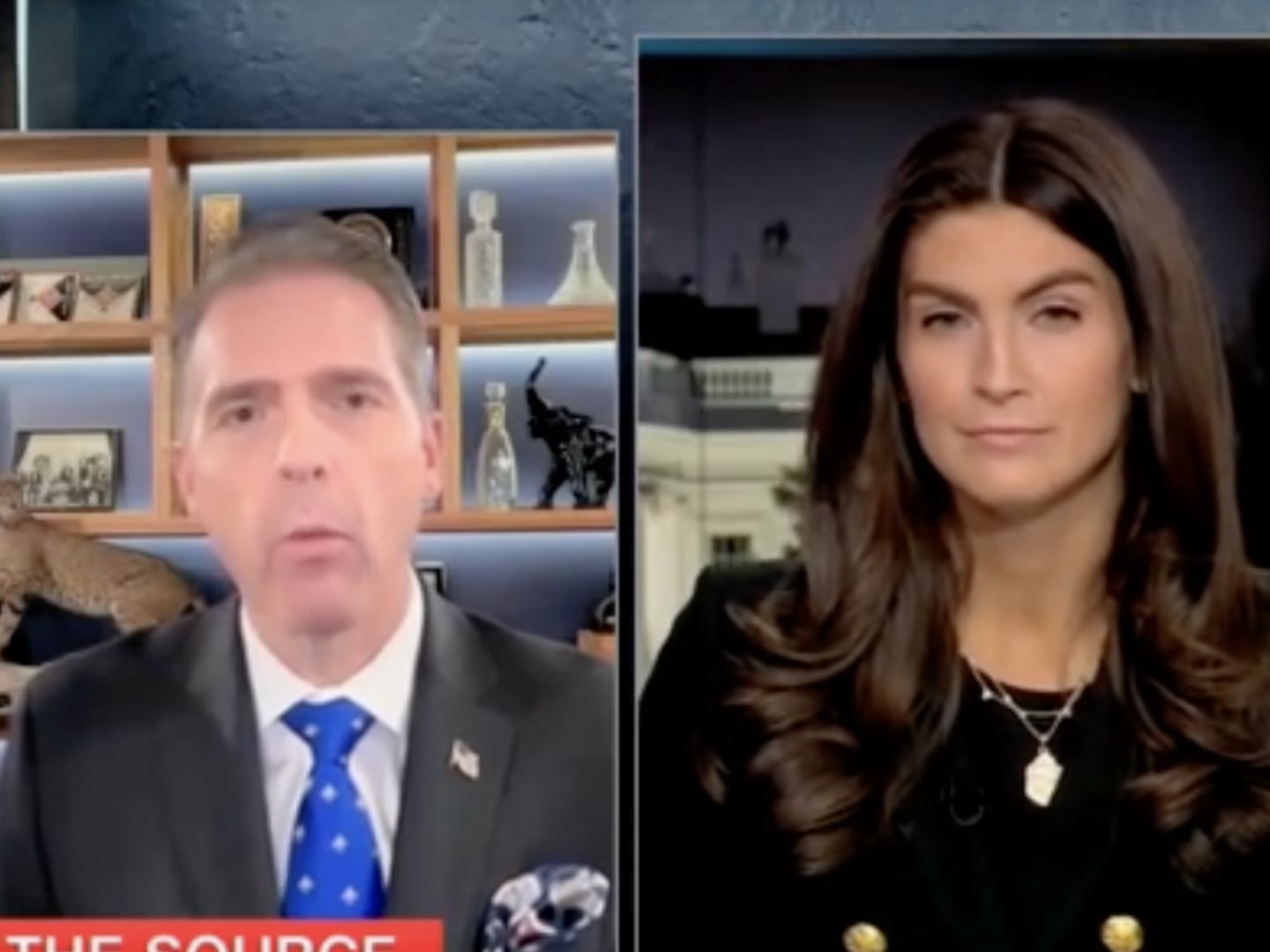It’s a big number and it gets people’s attention when they hear it: 47 million Americans receive food stamps in what is now known as the Supplemental Nutrition Assistance Program (SNAP). The program has expanded significantly under President Obama, who boosted benefits and allowed states to waive some work rules under the American Recovery and Reinvestment Act. Still, the spiraling need for food assistance even as the unemployment rate has come down is tied to the weak economy and jobs that are so marginal that millions of working people earn so little they still qualify for SNAP.

For decades, since the 1970s, food stamps enjoyed bipartisan backing, with farm-state senators and legislative icons George McGovern and Bob Dole championing the program. More recently, even the authors of the famed Simpson-Bowles report on deficit reduction left SNAP untouched. But House Republicans have a different mind-set about food stamps and want to cut $20.5 billion over 10 years from SNAP, five times more than the $4 billion authorized by a big bipartisan vote, 66 to 27, in the Senate this week, setting the stage for the kind of class-based and racially tinged debate about the poor that poisons our politics and on occasion breaks out into the open.
“All of a sudden it’s become a popular thing to go after SNAP. Some members want to eliminate it entirely,” says Rep. James McGovern (D–Maine). “Balancing the budget by making it harder for poor people to get food is a rotten thing to do.”
Asked if he thought the fight over SNAP has a racial component, Rep. Emanuel Cleaver (D–Missouri) said, “No question about it.” Opponents of food stamps are “intentionally creating myths to demonize the poor,” he says. Democrats quietly tucked an amendment sponsored by Sen. David Vitter (R–Louisiana) into the bill rather than vote on the punitive measure. It prohibits murderers, rapists, and pedophiles from getting food stamps once they’ve served their time. Cleaver says one of the myths is that prisoners receive food stamps, “and most people never take the time to ask what day do they put the prisoners on a bus and drive them to the Safeway.”
“Here’s my prediction,” Cleaver told The Daily Beast. There will be a fierce battle on the House floor to reduce the $20 billion in cuts and a Democratic proposal to cut subsidies to big oil instead. Democrats will lose, “and so the bill coming out of the House will cause many people to puke because of the damage done to the poorest people.” Democrats may regain some ground when the bill goes to conference and must be reconciled with the Senate version, but splitting the difference between $4 billion and $20 billion in cuts would still be significant.
The farm bill is close to $1 trillion over 10 years, and nearly 80 percent of that is food stamps, making it an attractive target for the newly ascendant libertarian wing of the GOP. “They see a program that helps people who aren’t helping themselves, and they want to kick the crap out of it,” says a House Democratic aide. House Speaker John Boehner inflamed the divisions within his own party when he said this week that he will vote for the farm bill. The Heritage Foundation’s political arm is running radio ads against three Republicans and one Democrat in agriculture districts, accusing them, complete with pig squeals in the background, of “putting a tuxedo on a pig” by backing a farm bill that is really a food-stamp bill.
Heritage is demanding Republicans honor their commitment to cut spending, and that includes subsidies to farmers as well as food stamps. Republicans have expanded a crop-insurance program that is a federal subsidy by another name and potentially more costly. Heritage Action spokesman Dan Holler says the merits of food stamps and farm programs should be debated separately and that it’s time to end the “legislative log rolling” that couples the interests of farm-state and urban members in the same bill. He concedes that it’s an open question whether either program would pass on its own.
More white people receive food stamps than black people, and able-bodied people without dependents are limited in the amount of time they can access the program. Sixty percent of working-age people in the program are women, most with children, and if the cuts go through, 210,000 children would lose their free school-lunch benefit. On Thursday, almost 30 members of Congress embarked on the “SNAP challenge,” eating on a SNAP budget for a few days or a week. “That’s $4.50 a day,” says Michael Mershow, McGovern’s press secretary, “And no cheating, no office coffee in the morning, no bacon-wrapped scallops at receptions in the evening.”
Republicans say these Democrats are grandstanding and point out that SNAP is a supplemental feeding program that was never intended to be someone’s sole diet. But for the unemployed, the disabled, the elderly, or people just down on their luck, it’s what they depend on. Politics will determine whether food stamps, once an untouchable program, will suffer a body blow or survive largely intact. “What’s been sold over the years is that SNAP is an urban program, and the word urban can sometimes be a substitute for black or brown,” says Cleaver, who has worked hard to convince the farmers in the rural county of his district they have as much to gain from a robust food program as the folks in Kansas City.






